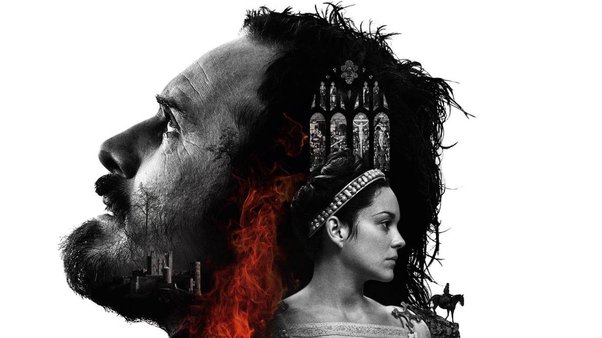The Father of English Literature, whose language and characters have entered our lives, William Shakespeare, has characterized the powerful insights of human nature in his outstanding play ‘The Tragedy of Macbeth’. The character of Macbeth is the central figure of the play. It is Shakespeare’s shortest play, which depicts various aspects of human experiences and is far more than just a play. The characterization of Macbeth’s character is limitless across time and space. It is a mirror reflecting human nature in politics, economics, philosophy, and the history of human existence in society. Our interpretive analysis of Macbeth’s character, keeping in view contemporary society, “There is a Macbeth within Ourselves,” reveals the core concept of our shared morality as human beings. Morals refer to set principles that distinguish between right and wrong and govern individual behavior and choices (Hornby, 1974). As we engage in this literary comparative and psycho-analytical journey of human beings, we will explore the important question: Is Macbeth just a character from mediaeval Scotland, or does he represent the exploitative nature of contemporary mankind? The study invites us to reflect on how we may all contain Macbeth’s shadowy areas.
As we use the classical realistic lenses (Kenneth Waltz) to interpret Macbeth’s character and compare it with contemporary times, our basic point of inquiry is human nature to understand Macbeth’s character in today’s society. We realize that all mental and bodily activities are interest-centred and caused by human nature in the world, firstly to live and secondly to flourish. Human interest has priority over any morality, especially in politics, for the fulfillment of interest through power-seeking at any cost. Humans are rational, and ambitious, and desire animals for limitless power because interests define them. So whatever we humans do in our lives—politics, economics, and the superstructure of society—are the consequences of internal human nature and external influences that nurture human life. In addition, classical realists believe that human behaviour is internally determined but is influenced by external events. People get their traits from their parents, genetics, and surroundings, where nature and nurture interplay to shape human life. In William Shakespeare’s representation of human nature and nurture in his play “The Tempest” in Act 4, Scene 1, Prospero says:
“We are such stuff as dreams are made on, and our little life is rounded with sleep.”
The characterization of Macbeth’s character is a true representation of contemporary complex humans, from loyalty to humanity to the catastrophic humanitarian crisis, where we observe love and affection for humans or even for animals; on the other hand, we are facing perpetual wars and conflicts of interest among humans. The competitive capitalist system has engulfed our collective morality as humans because politics aims to acquire more and more power for the fulfilment of needs and desires rather than the enforcement of morality. The political nature of humans aims to acquire more power, like Macbeth’s ambition to become king by the heinous act of murdering King Duncan ignited by manipulative Lady Macbeth in Act 1, Scene 8. Lady Macbeth assumes she is less powerful and sees the kindness of Macbeth as a weakness. So she challenges the bravery of Macbeth to avail herself of her desire to be powerful with the help of Macbeth, which portrays today’s nature in society and their burning desire for material possession and power. “As individuals express their lives, so they are”: expression is material (Karl Marx), so human nature is a reflection of that certain mode of expression. On the other hand, Macbeth’s monologues reveal his inner turmoil: “Is this a dagger which I see before me, the handle towards my hand? (Act 2, Scene 1, Lines 33). Another innocent voice of Macbeth’s conscience is ‘Sleep no more; Macbeth does murder the sleep. These soliloquies show the guilt of committing a mistake by crossing the limits of morality. Macbeth’s temptation opens the door for perpetual tragedies of human casualties in the quest to claim and sustain his kingship. It shows that human beings assume they are powerful enough to control themselves, but desire cannot be stopped unless and until checked by external command. Moreover, Robert B. Hellman describes Macbeth’s character as a “struggle between the demands of his ambition and the wishes of his conscience.” Which resembles today’s mankind facing internal or external conflicts between his blind ambition for seeking power without considering his or her morality. The conflict of interests brought Macbeth to the downfall of his kingdom and tragic devastation because, in this situation, the intellectual rationality of human beings becomes blind, and human rationality becomes selfish. So rationality is often associated with selfishness.
Consequently, we come to find that Macbeth’s living and flourishing character in William Shakespeare lies within every human being. Human nature isn’t cruel, but a burning desire for power often commits blunders because human beings assume they are powerful enough to control their deeds. Our social structure is a competitive capitalist system that aims to acquire more power by exploiting and manipulating other humans, especially in politics, and to acquire power for the fulfillment of needs and desires rather than the enforcement of morality. We all should not compromise on the morality of human beings to acquire power, particularly our collective morality of being human.




